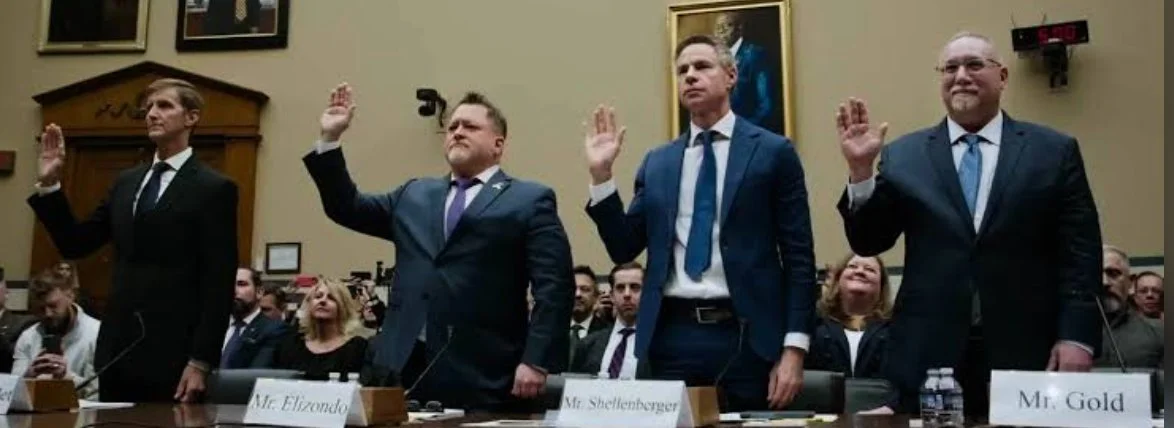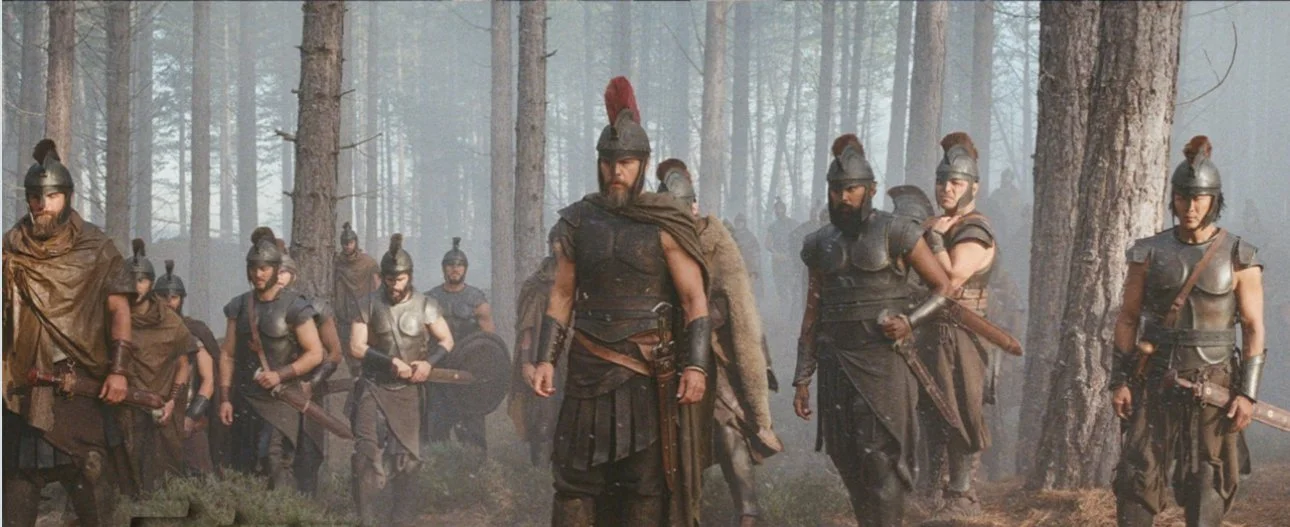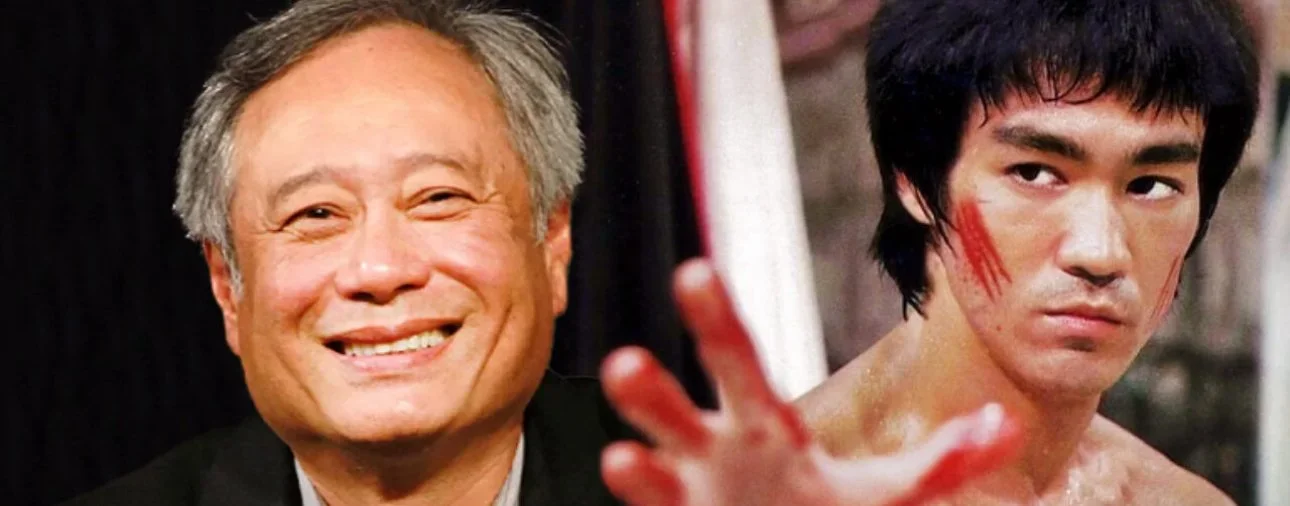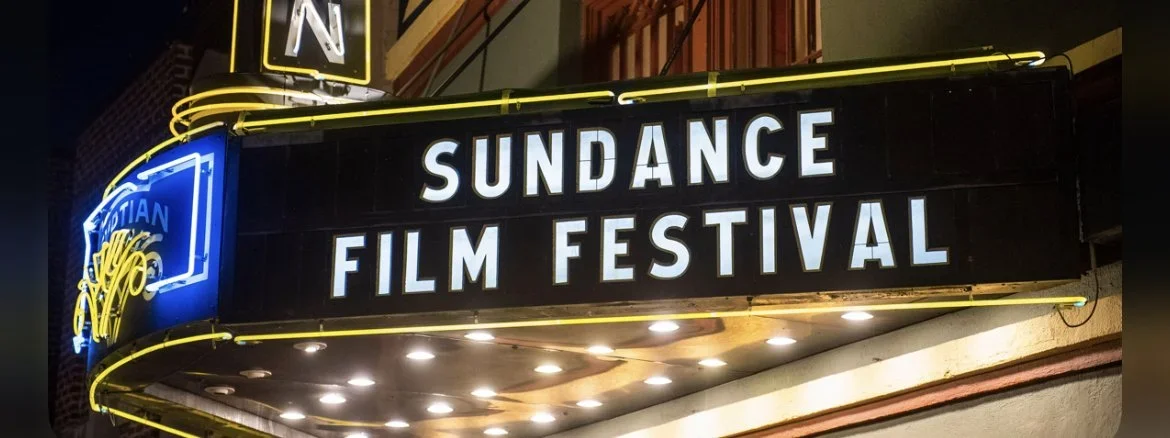The streets of Cannes, once buzzing with energy and chaos, have quieted. Press screenings now have empty rows. Coffee lines are shorter. People who’ve spent the week darting from one screening to the next are finally relenting. A few films are still left to premiere or be shown again, but the end is in sight.
Still, not everything has changed. Some traditions persist. At the Auditorium Debussy, for instance, there’s always someone who calls out “Raoul!” just before the lights dim. It’s a ritual met with soft laughter and whispered explanations—something about a man long ago searching for his friend in the dark. The friend was never found, but the call lives on.
There’s the general consensus that Juliette Binoche and her Cannes jury will do what they can with a lineup short on great films.
As the festival reaches its endpoint, with only three competition titles left to be screened, there have certainly been films that found favor, some even stirring admiration, but so far, the competition slate has struggled to ignite the kind of fervor Cannes is known for.
As the Cannes competition enters its final stretch, the conversation around the Palme d’Or has begun to crystallize—at least on the surface. The frontrunners appear to be Joachim Trier’s “Sentimental Value,”” Jafar Panahi’s “It Was A Simple Accident,” and Kleber Mendonça Filho’s “The Secret Agent,” each bringing its own flavor of gravitas and ambition. But, as always with Cannes, the top prize has a way of slipping past the favorites and finding its home in something entirely unexpected.
If there is justice—or at least courage—in Juliette Binoche’s jury, that surprise might just be Oliver Laxe’s “Sirat,” a film that has quietly, and then thunderously, emerged as the most daring work in competition. “Sirat,” which has been topping many of the critics’ grids, is more than just a contender—it’s a statement. A bomb of creative cinema, it doesn’t so much play by the rules as it tears them up, offering a formally bold, emotionally charged vision that left some stunned and others shaken.
It’s the best film I’ve seen all festival. And if, as one hopes, the jury has the audacity to give it the Palme, then Cannes will have honored not just a film, but a moment of true cinematic risk. That, after all, is what the Palme should be for.
And so, the festival goes on, the final day is tomorrow, and left to be screened are Bi Gan’s “Resurrection,” Kelly Reichardt’s “The Mastermind,” and Jean-Luc & Pierre Dardennes’ “The Young Mother’s Home.”






